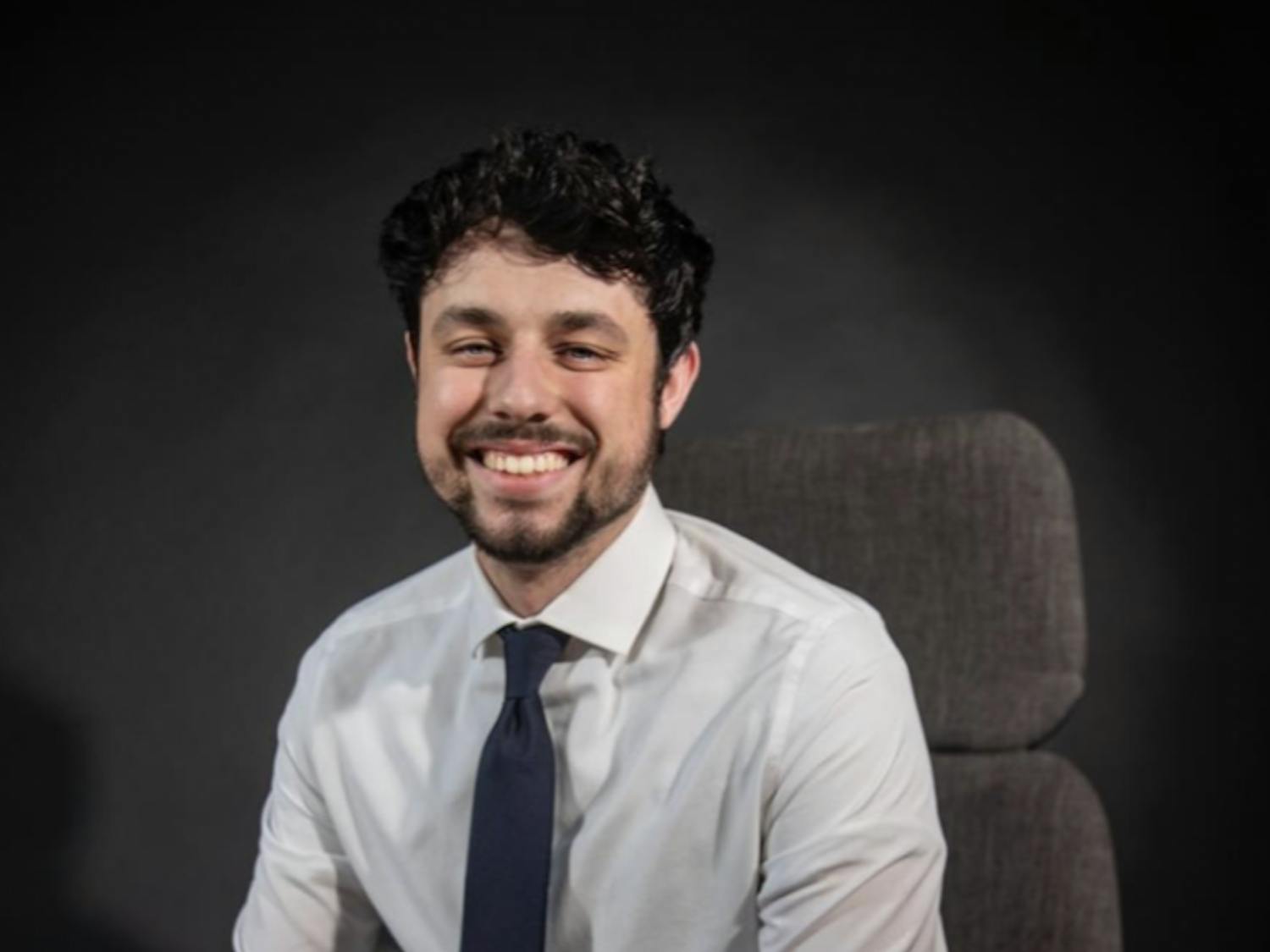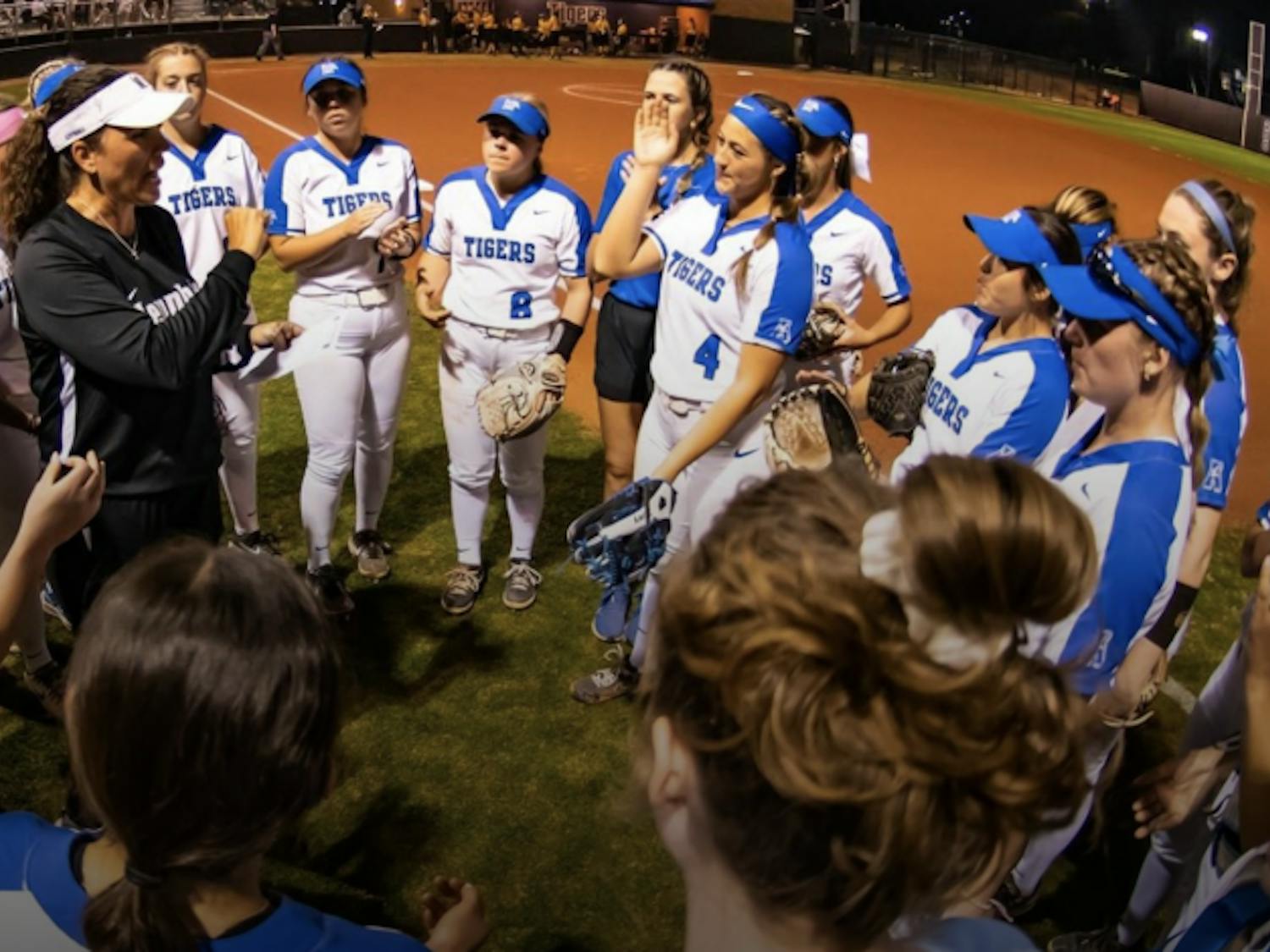With the University of Memphis cross-country team continuing to train for a season that may not even happen because of the pandemic, some of the athletes are planning to pursue their passion for competition without the financial support of the university.
Other collegiate sports are in limbo also, but there is one thing that sets running apart from other sports and that is the ability to compete as an individual, called being unattached.
The athletes who choose to run unattached do not represent a school, only themselves. This opportunity allows the runners to compete as individuals during this academic school year.
“I was definitely worried about not racing this semester, especially after not being able to race outdoor track last semester,” said Emmanuel Cullins, a junior on the team. “I honestly see the concerns for why they are postponing the competition, but I would still compete as long as each school is following the safety protocols to ensure that no one gets sick.”
Last March, during the spring semester, the nature of colleges around the country was suddenly altered due to COVID-19. Subsequently, the remaining track meets were postponed. The NCAA wanted to protect the health of its student-athletes by not subjecting them to any at-risk activities.
Each of the runners was left with similar feelings of uncertainty and worry about the likelihood of being able to compete this fall after their spring season was interrupted.
“Competing unattached is kind of difficult because you have to finance the whole trip yourself,” Cullins said. “We do not have the university to cover hotel fees, gas and meet fees, which can be kind of a lot.”
However, these runners have accepted the financial responsibilities that it takes to run unattached. Fees that were once covered by their school have now fallen into their own laps if they wish to continue competing. With the lack of financial support from the school, the runners have to provide their own transportation to and from each of their meets.
“I have been running since my sophomore year of high school,” said Payton Gleason, a junior and captain of the team. “At one point, I thought that every meet was going to be cancelled and my biggest hope was that we at least were going to still practice as a team. This is not ideal, but I am happy that meets are still being hosted and that the coaches are still allowing us to go out and race.”
Being a student-athlete is hard but not being a student-athlete is unimaginable. These runners continue to compromise their free time and safety to express their love and dedication to their sport.
Academic success, amid the pressure of a global virus, has not intimidated the players away from racing.
“I was worried about having races this season with all of the uncertainty,” said Jason Doland, a sophomore. “Running during this pandemic is very different with no team races. In order to race you have to go on your own. Running unattached is not too hard — the only issue is having to get there yourself.”





